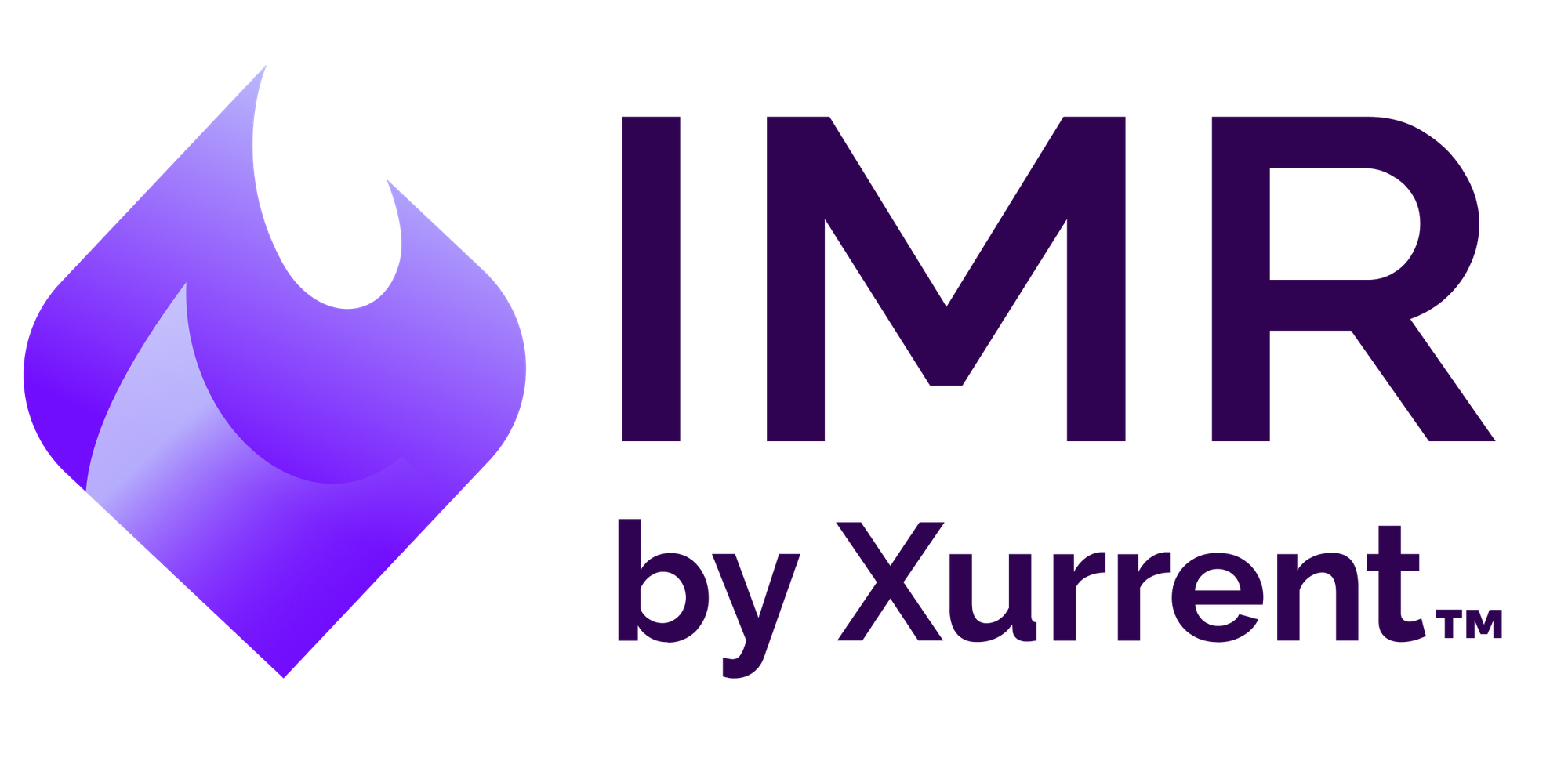Real-time alerts from Zabbix and escalation with Zenduty

Last updated
Recently, one of our customers, a 20-member NOC team of a large B2C company, had set up Zabbix to monitor a network of over 1000+ servers, routers, and switches. The NOC team wanted to set up alerting, on-call scheduling, and an escalation matrix whenever a critical network component encountered any downtime. The NOC team used Slack as the primary communication channel and Zoom for real-time communication.
Preheating the oven
For NOC teams like these running a very large operation, setting up alerting can be very tricky. It is imperative that only alerts with the highest criticality are escalated to the NOC on-engineers and therefore the selection of right metrics is critical. Two things to note before we move on to the Zabbix-Zenduty integration:
- The short item update interval dogma stinks. You will need to increase the item update interval to something saner than the (often) recommended “as frequent as possible”. I’d recommend at least 5 minutes — that’s 20 times the default of 30 seconds.
- The Zabbix notification system is surprisingly naive — this is where Zenduty shines. With alert suppression, alert collation, and maintenance modes, Zenduty can stop the flood of Zabbix alerts. To prevent cascading alerts, disable in all triggers “Multiple PROBLEM events generation”.
The Setup — Zabbix alerting with Zenduty
A little background on Zenduty — Zenduty is an end-to-end incident alerting(SMS, Phone/IVR, Slack, MS Teams, Email, Android/iOS Push Notifications), on-call scheduling, and response orchestration platform that helps NOC teams respond to and resolve critical downtime in the least possible time and provide your customers with industry-leading SLAs and reliability.
I won’t bore you with the details of the setup — you can see the setup documentation here. What I will show is how you can setup the escalation policies and how the incident lifecycle would look like.
TL;DR: Setup a team on Zenduty. Setup a service within your team. Add the Zabbix integration to your service.
Sign up on Zenduty here to get real-time alerts from your Zabbix setup.
Setting up escalation policies
Escalation policies dictate who should be alerted first, then second, then third, and so on, until someone responds to a Zabbix alert. In Zenduty, for each escalation “step”, you can either add a user(s) or an on-call schedule(read how you can setup on-call schedules on Zenduty here. video).

How it all comes together


Handling Comms and Collaboration

What else can you do with your Zabbix incidents on Zenduty?
There are a bunch of actionable things you can do for your Zabbix-generated incidents:
- Custom route alerts depending on host or service with Zenduty’s alert rules
- Assign custom incident priorities and SLA alerts for operations managers
- Assign playbooks(or “task templates”) to your incidents outlining remediation steps for critical downtime alerts from Zabbix
- Automatically create comms channels for every critical Zabbix alert — Zoom, Jira, Statuspage, Conference bridge, Slack
Get started on Zenduty for free here! No cc required.
Zenduty’s powerful all in one scheduling, centralization, integration and notification tool and helps you manage all your production Zabbix alerts in a single place, and get cross-channel(SMS, Phone/IVR, Slack, Microsoft Teams, Android/iOS Push notifications and Emaill) alerts and respond with speed, and resolve critical incidents before they affect your customers.
I hope you enjoyed this blog. Sign up on Zenduty for free and get started with our Zabbix integration. Feel free to leave any comments on the blog in the comments section below.



